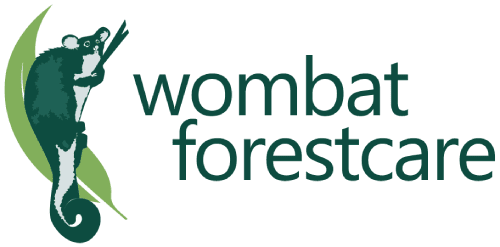Media Release
Legislation for the Wombat-Lerderderg National Park
Our community is celebrating the tabling of the bill to create the new Wombat-Lerderderg National Park. 24,000 hectares of the Wombat Forest will be conserved for our amazing animals, plants and fungi and for future generations to enjoy.
Wombat Forestcare congratulates the State Government for creating this national park and the Mt Buangor and Pyrenees National Parks, all incredibly important habitat for endangered creatures and plants. The creation of the Hepburn and Cobaw Conservation Parks will safeguard these ecologically important areas. The Wellsford State Forest, with its wonderful range of wildflowers, will be included in the Bendigo Regional Park.
Gayle Osborne said “Wombat Forestcare members and supporters, together with the Victorian National Parks Association, have campaigned for many years for the protection of our unique forest and its inhabitants. We are delighted that the parks will be legislated, and look forward to the legislation of the promised regional parks and bushland reserves in the central west region”
The Wombat Forest provides habitat for so many wonderful creatures including the magnificent Greater Glider. This beautiful creature, the size of a domestic cat, is covered with thick fur, with a bushy tail that is half a metre long and used as a rudder. They can glide an amazing 90 metres between trees. Once considered a very common forest animal they are now listed as endangered. It is exciting that most of our Wombat Forest population will now be protected in the new national park.
The Wombat Forest is home to the critically endangered Wombat Leafless Bossiaea. There are only five known plants in the wild and they are all in the Wombat Forest.
Powerful Owls successfully breed in the Wombat Forest. This is a great indicator of forest health as the owls need a steady supply of food such as ringtail possums to sustain themselves and their chicks.
Gayle Osborne said “Our community has worked so hard to have the Wombat recognised for its incredible wildlife. For more than the 14 years that Wombat Forestcare has campaigned for ‘Park’ status for our forest, so many people have attended protest events, written letters to politicians and supported the campaign in so many ways.”
